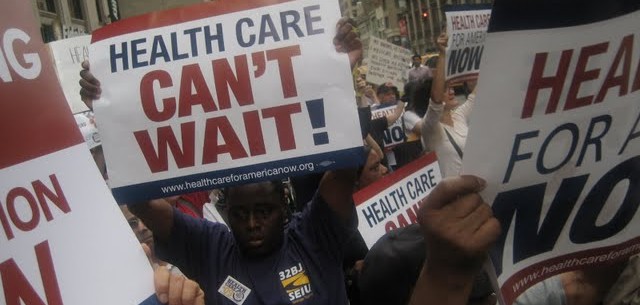Only two weeks and six session days left to go! That’s it for getting some good health care stuff done before the New York State Legislature adjourns for this year in early June. Here’s one more set of bills being put forward with regard to reproductive health care rights.

Earlier this month, a draft opinion in the Dobbs v. Jackson Women’s Health Organization case now before the US Supreme Court was leaked to the media. Its content signaled that the Court is poised to negate a constitutional right to abortion affirmed in their 1973 Roe v. Wade ruling. A final, official decision is due out by the end of next month.
Since this leak, some state governments –including New York– are moving to enact laws to protect this and other rights that are threatened by the language of the draft. The good news is that three years ago, New York codified the rights affirmed by Roe v. Wade into state law.
However, there’s more that can be done, and here’s what’s emerging in the State Legislature:

Equality Amendment (S.9707, Krueger) — An amendment to Article 1 of the State Constitution to a) assure that that equal rights may not be denied on account of race, color, ethnicity, national origin, disability, and sex including pregnancy and pregnancy outcomes, sexual orientation, gender identity, and gender expression, b) bar discrimination in both intent and impact by government entities, as well as barring discrimination in both intent and impact by entities in the provision of public accommodations, employment, or personnel practices, and c) protect the validity of efforts to prevent or dismantle structural forms of inequality and discrimination on the basis of a protected characteristic.
Reproductive Freedom and Equity Fund Act (S.9078/A.10148, Cleare/Gonzalez-Rojas) — A bill to create a grant program to ensure access to abortion care in the state by providing funding to abortion providers and non-profit organizations whose primary function is to facilitate access to abortion care, particularly for those traveling from another state.
Freedom from Interference with Reproductive and Endocrine Health Advocacy and Travel Exercise (“FIRE HATE”) Act (S.9039/A.10094, Biaggi/Burdick) – This bill establishes a cause of action for unlawful interference with protected rights, to protect the rights of individuals seeking abortion care or gender-affirming care in New York.
Protection for Abortion Providers (S.9070A/A.9678A, Kaplan/Rosenthal) – A bill to Prohibit professional misconduct charges against health care practitioners on the basis that such health care practitioner, acting within their scope of practice, performed, recommended or provided reproductive health care services for a patient who resides in a state wherein such reproductive health services are illegal.
Role of New York Law Enforcement (S.8778/A.9615, Krueger/Lavine) – A bill to prohibit law enforcement from cooperating with out-of-state investigations related to the provision of lawful abortions.
Role of New York Courts (S.8779/A.9613, Krueger/Lavine) — A bill to prohibit New York courts and county clerks from issuing subpoenas in connection with out-of-state abortion proceedings.
It’s possible that several of these bills will be combined into a package to be considered as a whole. The legislative process with regard to them is fluid, so we urge people to be in contact with local reproductive rights advocacy groups to stay informed about developments and advocacy efforts.


















